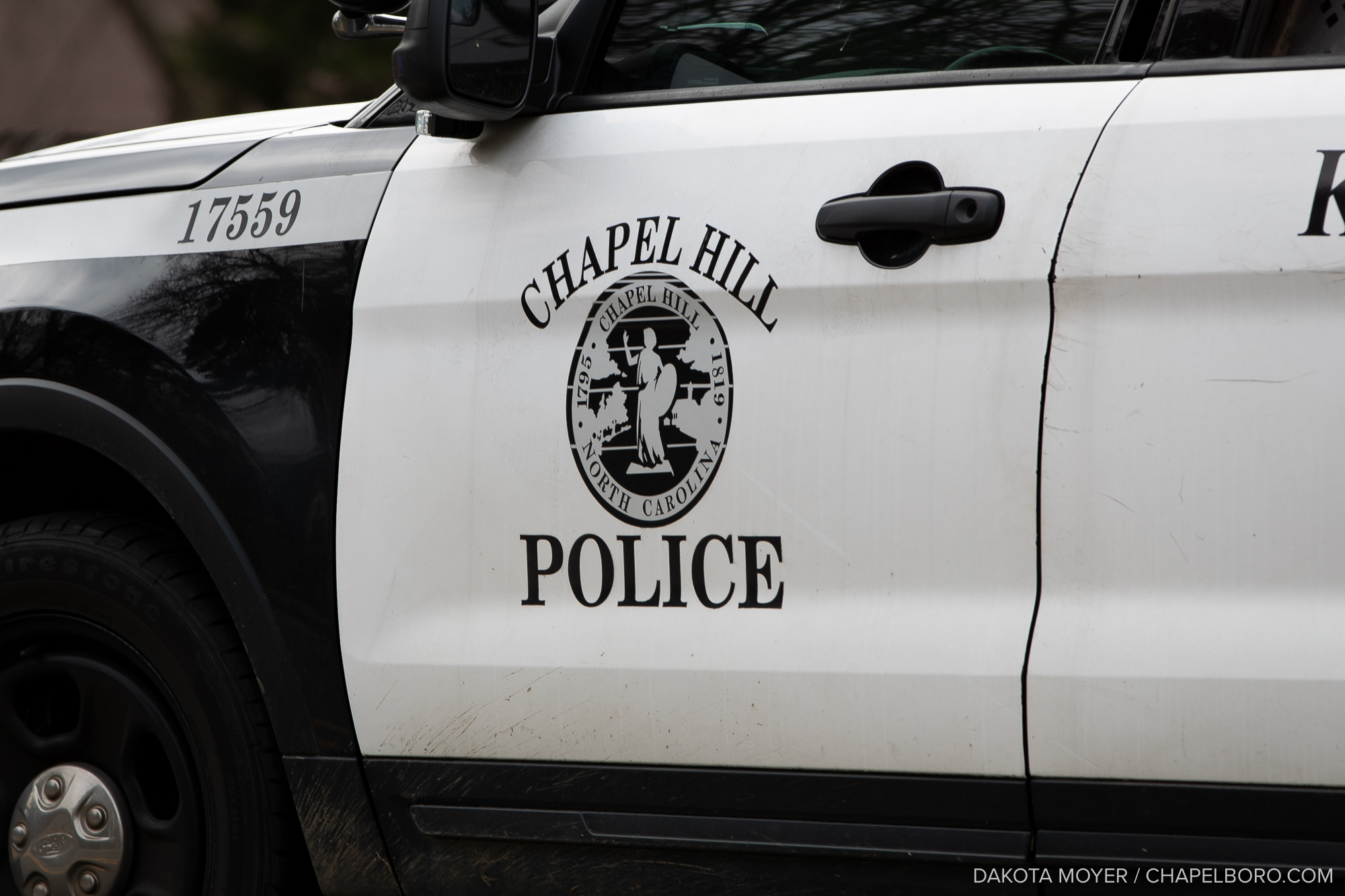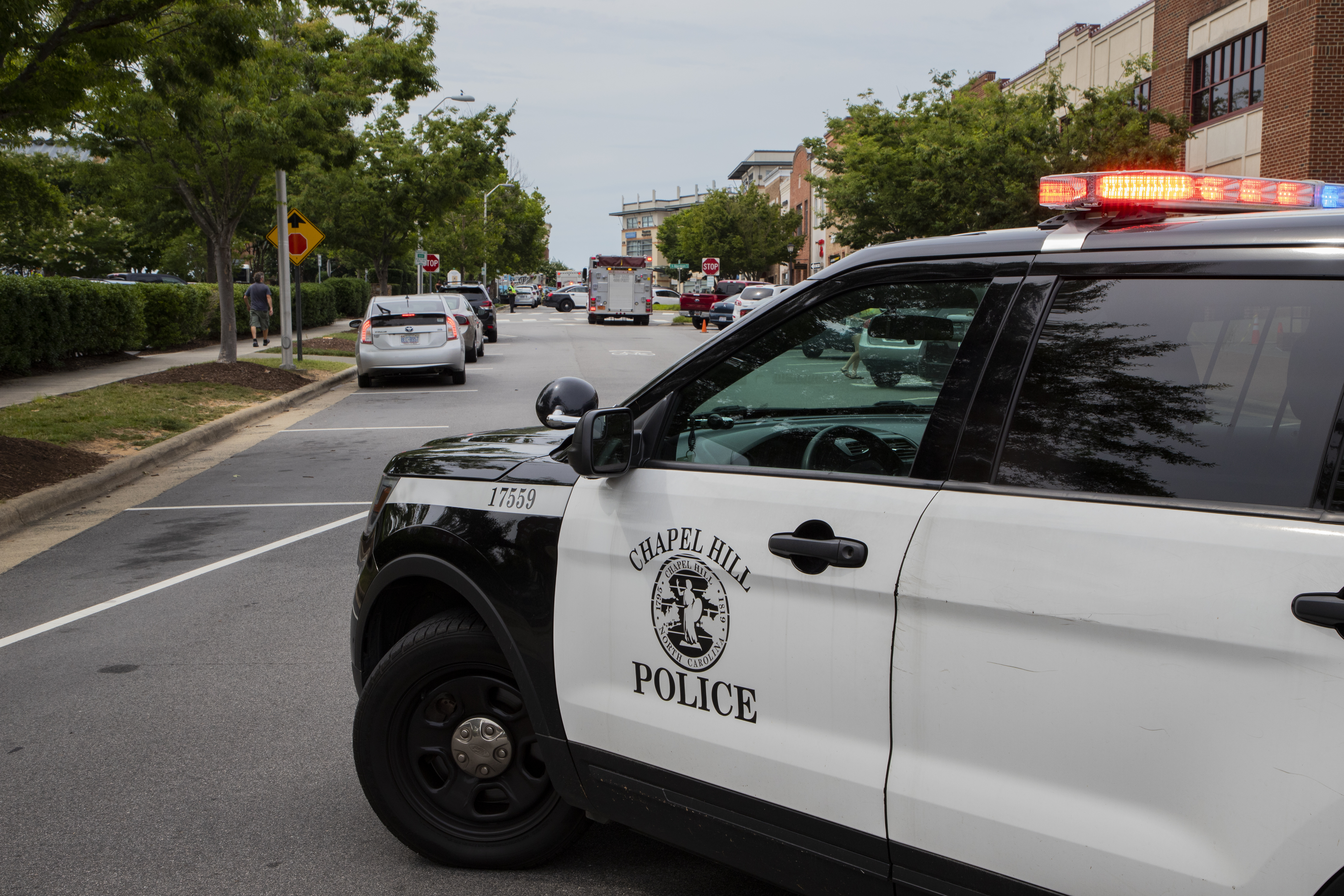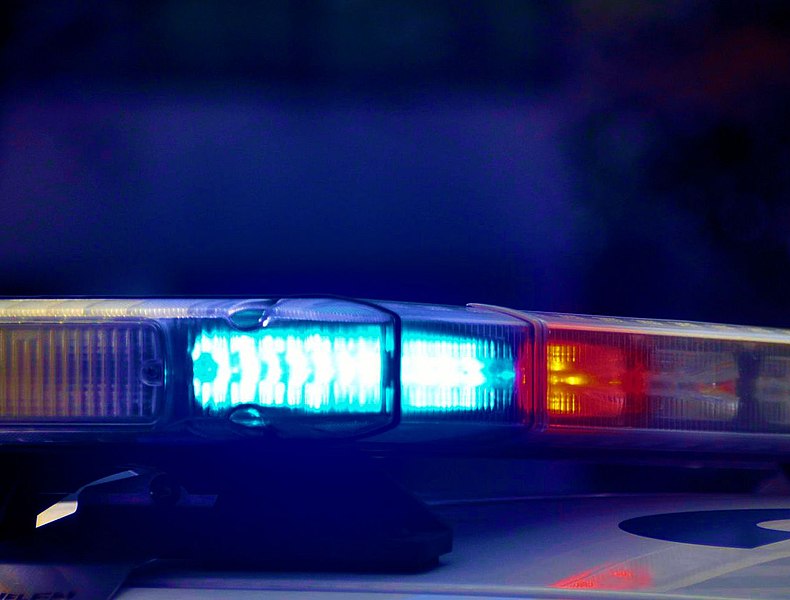Craig Stephen Hicks entered guilty pleas on Wednesday for the murders of 23-year-old Deah Barakat, his wife 21-year-old Yusor Abu-Salha and her sister 19-year-old Razan Abu-Salha on February 10, 2015 in Chapel Hill.
The three young Muslim college students who were shot and killed that night had gathered for a dinner at the home of the newlyweds – Barakat and the older Abu-Salha sister – at Finley Forest Condos in Chapel Hill. Barakat was a student at UNC’s School of Dentistry, where Yusor was set to join him. Razan was a student at North Carolina State University.
This was not the first time the young Muslim students had encountered the gunman. He had spent months intimidating other neighbors in the apartment complex over what Hicks perceived as issues related to parking at the complex, prosecutors said Wednesday. The hatred from Hicks took a different form when he was dealing with his white neighbors and when he was dealing with neighbors who were minorities, prosecutors said in court. When Hicks was targeting his anger at minorities, he would often wear a gun around his waist and make more threatening comments.
Hicks was known throughout the community to the extent that Barakat was working to get a restraining order against the man. Yusor had told Barakat and friends through text messages shown in court on Wednesday that she feared for her safety around Hicks. In hopes of recording an interaction with Hicks to be able to take to court in order to strengthen his argument for that order, Barakat started a recording on his cell phone when he heard a knock at the door on that night in 2015. Hicks is standing at the door, the video shows, before he levies a charge that the residents have exceeded their parking limit at the complex – which the evidence shows they had not. Barakat responds that they were within the regulations.
Hicks can then be heard saying, “If you’re going to be disrespectful toward me, I’m going to be disrespectful toward you.” He then unholsters his handgun and fires, striking Barakat multiple times. Screaming can be heard in the video as Hicks walks past Barakat’s body. More gunshots are heard and the screaming stopped. One more shot was fired into Barakat as he lay in the doorway. The three murders took 36 seconds, prosecutors said.
“It did not matter that Deah, Yusor and Razan were parked exactly where they were supposed to be parked; it did not matter that they had gone above and beyond to placate him over the past months,” Assistant District Attorney Kendra Montgomery-Blinn said Wednesday when presenting the factual basis for the prosecution in this case. “He did not shoot the first available people – someone in the parking lot; he didn’t shoot at someone who happened by.
“He chose them.”
The cell phone video was shown in court under the guidance that it could not be recorded in any form by the media in attendance at the hearing. Barakat’s sister seemed to faint while the video was played and many family members were crying.
Video clips from the interview Chapel Hill Police conducted with Hicks after he had turned himself in were also submitted into evidence Wednesday. They show Hicks calmly describing the events that occurred, admitting to shooting the three students. He went out of his way at one point to tell the officer he was turning his head to better hear and was not intending to be disrespectful to the officer. The interview also shows Hicks presenting a story where the victims were hostile toward him, using foul language and possibly making a movement toward Hicks before the shooting. None of that was true, as shown on Barakat’s cell phone video.
Dr. Samuel Sommers is a social scientist at Tufts University who was brought in as an expert witness to detail how unconscious bias could have played a role in the shooting and Hicks’ view of minority groups as a whole. Hicks had also posted openly on social media about his hatred of all religions. The three victims in this case were Muslims and the two sisters who were killed that day wore their hijabs.
“Mistakenly reporting the victims as having been aggressive toward him and disrespectful toward him when there’s absolutely no evidence that that was the case,” Sommers said, “on the one hand, I suppose, could be an intentional effort to mitigate the severity of his behavior, but could also reflect at some level a biased perception of memory as to what went on – that these were people who were disrespectful, that didn’t belong there, that were maybe perhaps even dangerous somehow to him.”
Family members have expressed from the beginning that Hicks targeted the victims at least in part because of their faith.
The attorneys for Hicks offered no defense on behalf of their client Wednesday, at the request of Hicks. He told the judge Wednesday that he had wanted to plead guilty since “day one.”
Hicks didn’t show much emotion during Wednesday’s trial, flatly looking straight ahead and answering questions when asked by court officials.
Prosecutors said those who had known Hicks in the past described him as obsessed with guns and taking out his frustrations on others. His previous wives had recalled what was described as his “calculated cruelty.”
More than a dozen more firearms were found in Hicks’ home as the investigation was conducted.
One by one, family members of the victims took the stand on Wednesday – Dr. Mohammad Abu-Salha, the father of Yusor and Razan, Dr. Yousef Abu-Salha, the girls’ older brother, Dr. Suzanne Barakat, Deah’s older sister, and Farris Barakat, his older brother.
They described the day as being an opportunity to “set the record straight” and “reclaim the narrative.” They took issue, as they have since the very beginning, with the fact that Chapel Hill Police initially put out a statement saying the shooting possibly stemmed from a parking dispute, parroting pieces of what Hicks presented. The family argued that this was a hate crime, carried out by a hateful man.
“I will be addressing you, the hateful murderer,” Yousef Abu-Salha began his testimony Wednesday.
His father said the family had received support from many across the country in the years since the shooting.
“Thank you to all good Americans who supported us through this: black, white, Christian, Jewish, Atheist and all groups,” he said.
Abu-Salha added that they had raised their children to be proud that they were Muslim and to be proud that they were Americans.
“A country that we came to that we knew as the home of the brave and the land of the free, as a country that we raised Yusor, Razan and Deah to believe in and belong to. They lived as American as apple pie.”
Throughout the roughly three-hour hearing, the victims were remembered for their philanthropy work and ambition to give back to others. Those efforts have now been picked up by family members and others to continue that work through several ventures – The Light House Project, Our Three Winners Foundation and Project Refugee Smiles.
The attorney for the victim’s families, Joe Cheshire, said Wednesday needed to be used as an opportunity to change hate crime laws in North Carolina and across the country, and he called on these laws to be changed in honor of and named after these three victims.
“We’ll see what people are really made of, won’t we?”
North Carolina does not have a separate hate crime law for felony charges, instead hate crime can be a designation to increase a sentence for misdemeanor charges in the state. A federal investigation did not lead to hate crime charges in this case at the federal level.
Durham County District Court Judge Orlando Hudson sentenced Hicks to three consecutive life sentences on Wednesday for the three murder charges and a consecutive sentence of 64-89 months for discharging a weapon into occupied property.
Chapel Hill Police Chief Chris Blue issued the following statement Wednesday:
What we all know now and what I wish we had said four years ago is that the murders of Deah, Yusor, and Razan were about more than simply a parking dispute. The man who committed these murders undoubtedly did so with a hateful heart, and the murders represented the taking of three promising lives by someone who clearly chose not to see the humanity and the goodness in them. To the Abu-Salha and Barakat families, we extend our sincere regret that any part of our message all those years ago added to the pain you experienced through the loss of Our Three Winners. And, to the Muslim members of our community, know that you are heard, seen, and valued.
We extend our heartfelt appreciation to the Durham District Attorney’s office for the efforts to bring this case to a close. I personally want to express my appreciation to all of the officers, investigators, and other first responders who had any involvement in this case—through the initial response or as part of its investigation.
We hope that today represents an opportunity to look forward and to honor Deah, Yusor, and Razan through continued support and love for every person in our community.







